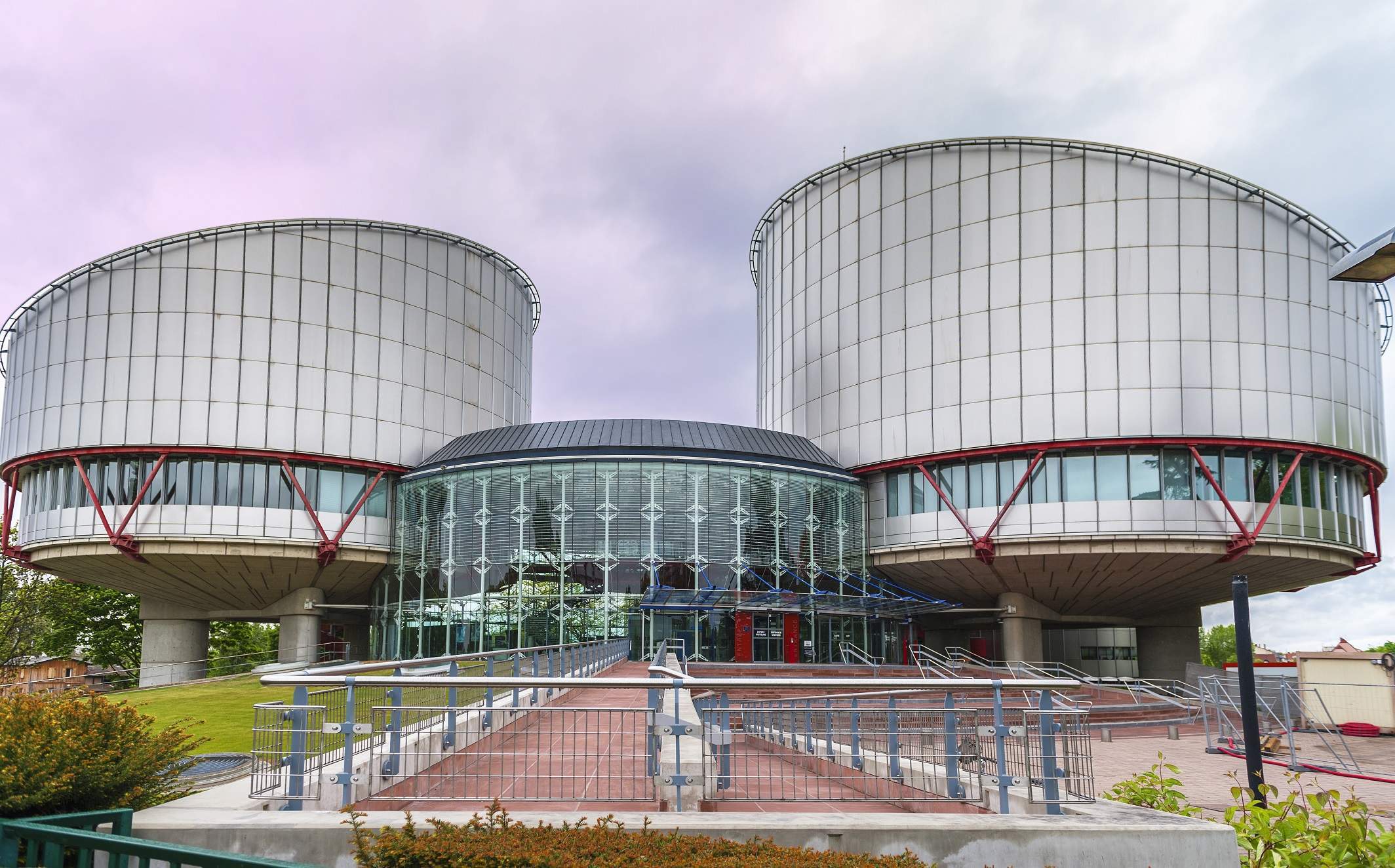
The battle over the UK’s data surveillance programme has reached the European Court of Human Rights (ECHR), four years after US whistleblower Edward Snowden’s revelations.
A total of 15 groups, including the human rights organisation Liberty, Amnesty International and the Bureau of Investigative Journalism, have taken the UK data surveillance case to Europe’s highest court to argue over the UK’s approach to data collection.
This is the first time the ECHR has been asked to rule on the legality of UK surveillance laws.
What is the UK data surveillance case about?
This case is one a set of legal challenges against mass surveillance that came out after the former US National Security Agency (NSA) employee blew the lid on UK practices.
Back in 2013, Snowden revealed that the UK’s spy agency GCHQ was intercepting communications traffic using fibre optic undersea cables, in what was called the Tempora programme. This data was being shared the NSA and other intelligence agencies.
Privacy organisations challenged the UK government at the time, saying that bulk interception and intelligence sharing violated human rights such as rights to privacy, fair trial and freedom of expression.
How well do you really know your competitors?
Access the most comprehensive Company Profiles on the market, powered by GlobalData. Save hours of research. Gain competitive edge.

Thank you!
Your download email will arrive shortly
Not ready to buy yet? Download a free sample
We are confident about the unique quality of our Company Profiles. However, we want you to make the most beneficial decision for your business, so we offer a free sample that you can download by submitting the below form
By GlobalDataThe UK’s Investigatory Powers Tribunal, the court with jurisdiction over the UK’s intelligence agencies, initially ruled in December 2014 that these practices may comply in principle with the UK’s human rights obligations.
This is what this week’s case is challenging in the ECHR.
However, three months later, the tribunal ruled that the UK government’s access to US surveillance had been in breach of human rights laws.
Challenging mass surveillance
The groups are arguing that they are potential targets of mass surveillance programmes. They are saying that the programmes could threaten the privacy of journalists and human rights organisations, which could fear their contacts and online histories are being scrutinised by the UK government.
Amnesty International’s Senior Legal Counsel, Nick Williams, said:
“This case is a watershed moment for people’s privacy and freedom of expression across the world. The case concerns the UK, but its significance is global. By bringing together human rights defenders and journalists from four different continents, it serves to highlight the dangers mass surveillance poses to the vital work of countless organisations and to individuals who expose human rights abuses and defend those at risk.”
What impact could the ruling on the UK data surveillance case have?
The ruling is not expected from the ECHR for a few months. However, whatever the ruling, Liberty says it will have wide-ranging implications for the implantation of the Investigatory Powers Act.
This law aimed to increase surveillance powers in the UK. One element of the law allows so-called equipment interference, which gives permission to security services to hack into computers, mobile devices, servers and more.
What about Brexit?
When the UK eventually leaves the EU in March 2019, there are concerns over what will happen to the ECHR rulings. As it turns out, once Brexit happens, the UK will join the other non-EU states which belong to the Council of Europe. This is the parent body of the ECHR.
In particular, if the UK opts for membership of the single market like other non-EU states, including Iceland and Norway, its likely the EU will insist on the inclusion of human rights obligations.
Whatever the ruling on UK surveillance laws, it will stick regardless of Brexit.



